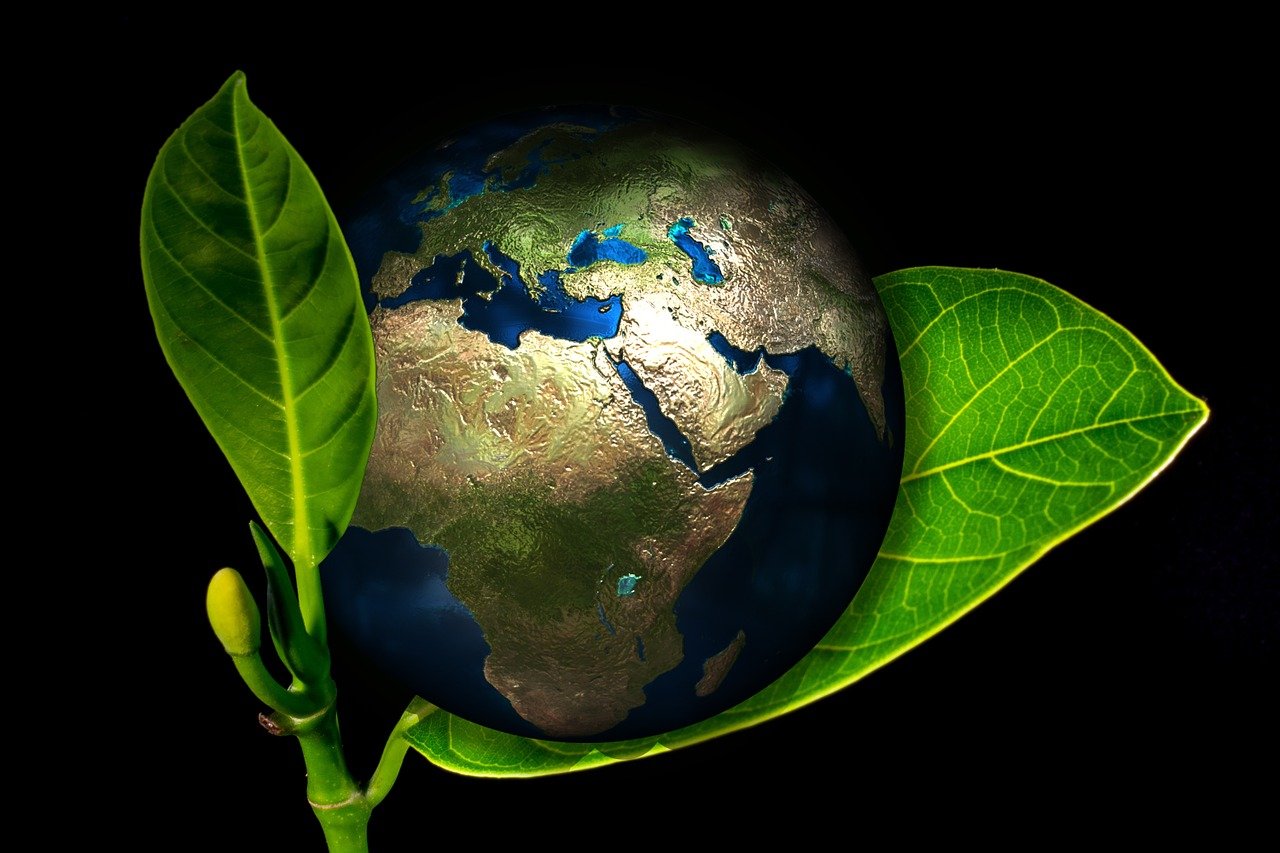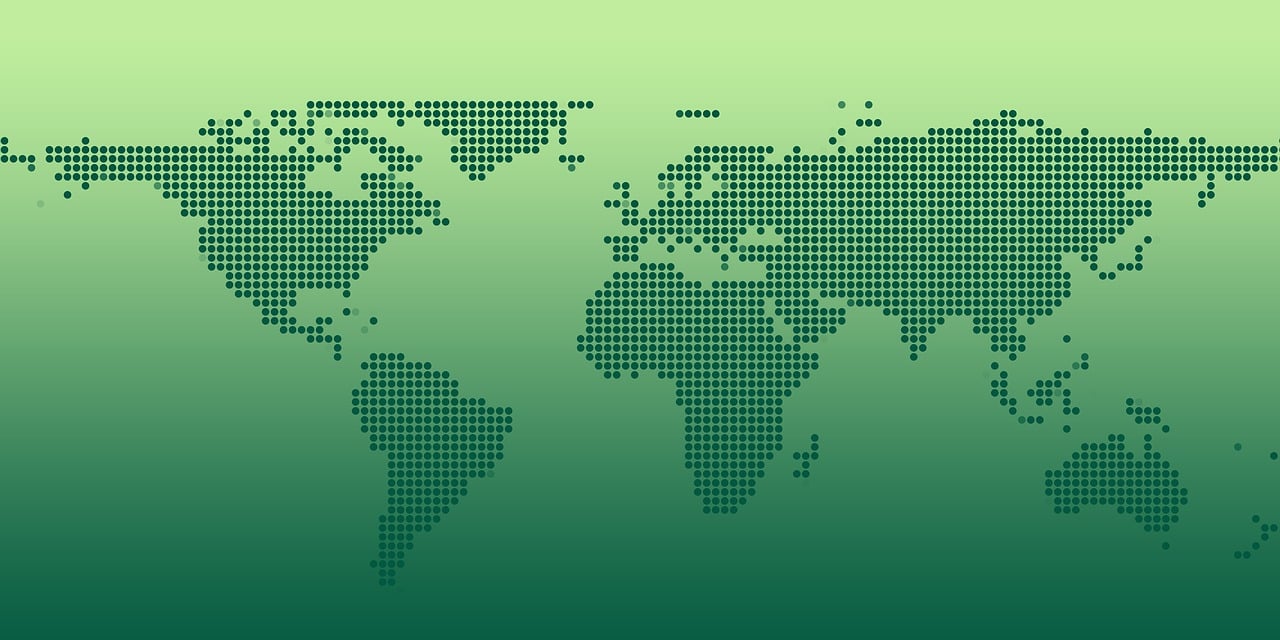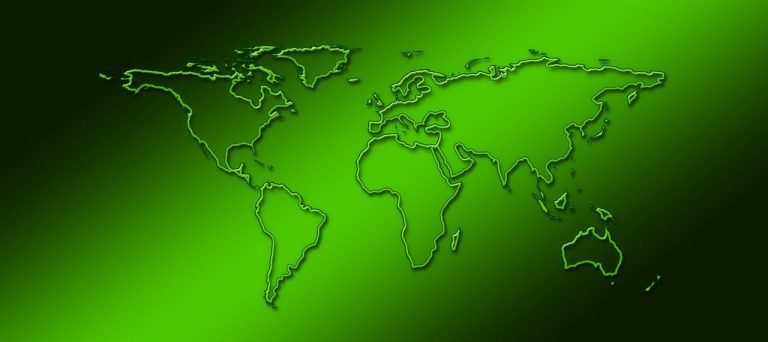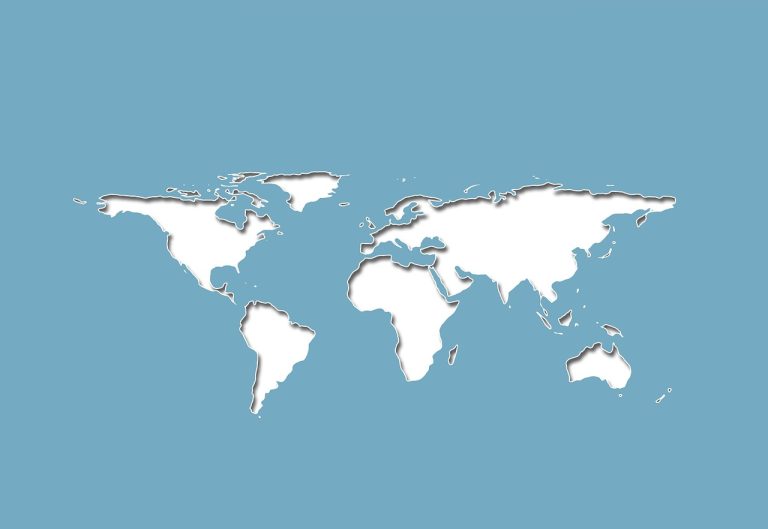
Assessing the Effectiveness of Philippine Anti-Corruption Policies: A Closer Look in 2022
Corruption has long been a persistent challenge in the Philippines, affecting governance, economic growth, and public trust. Over the years, successive administrations have introduced various anti-corruption measures to combat this issue. In 2022, assessing the effectiveness of these policies is crucial for understanding progress and identifying areas for improvement. This blog post delves into the current landscape of Philippine anti-corruption efforts, examining their successes, challenges, and future prospects.
An Overview of Philippine Anti-Corruption Policies
The fight against corruption in the Philippines is guided by a comprehensive legal framework. Key legislations include the Anti-Graft and Corrupt Practices Act, the Code of Conduct and Ethical Standards for Public Officials and Employees, and the Sandiganbayan Law. These laws aim to promote transparency, accountability, and integrity within public service. Additionally, institutions like the Office of the Ombudsman and the Commission on Audit play crucial roles in enforcing these laws and investigating corruption cases.
In 2022, the Philippine government continued to focus on enhancing the effectiveness of these policies by integrating new strategies such as digital governance and international cooperation. These initiatives are intended to streamline anti-corruption efforts and align them with global standards.
Evaluating the Successes of Anti-Corruption Efforts
One notable success of the Philippine anti-corruption policies is the increased transparency in government transactions. The implementation of the Freedom of Information (FOI) Executive Order has empowered citizens and organizations to access public records, thereby promoting transparency and accountability. This policy has led to greater civic participation in governance and has helped uncover several corruption cases.
Another significant achievement is the progress made in digital governance. The introduction of e-governance platforms has reduced opportunities for corruption by minimizing human intervention in government processes. Initiatives like the e-Procurement system have made public procurement more transparent and efficient.
The Challenges in Combating Corruption

Despite these successes, numerous challenges persist in the fight against corruption in the Philippines. One major issue is the deeply entrenched political culture that often prioritizes patronage and personal gain over public service. This culture creates a challenging environment for anti-corruption policies to take root effectively.
Additionally, the enforcement of anti-corruption laws remains inconsistent. The slow judicial process and limited resources of anti-corruption agencies hinder their ability to prosecute cases effectively. As a result, many corruption cases remain unresolved, eroding public trust in these institutions.
The influence of powerful political figures and business interests further complicates anti-corruption efforts. These entities often leverage their power to circumvent policies, making it difficult to hold them accountable for corrupt practices.
International Cooperation and Its Impact
International cooperation has played a pivotal role in enhancing the effectiveness of Philippine anti-corruption policies. The country is a signatory to the United Nations Convention against Corruption (UNCAC), which promotes global standards for anti-corruption measures. Participation in international forums has facilitated knowledge exchange and capacity building among anti-corruption practitioners.
Furthermore, partnerships with international organizations have provided technical and financial assistance to strengthen local anti-corruption initiatives. These collaborations have helped improve the capacity of Philippine institutions to investigate and prosecute corruption cases more effectively.
The Role of Civil Society and Media
Civil society organizations and the media play a critical role in the Philippine anti-corruption landscape. They serve as watchdogs, holding government officials accountable and raising public awareness about corruption issues. Investigative journalism has been instrumental in exposing high-profile corruption cases, prompting government action.
Moreover, grassroots movements and advocacy campaigns have mobilized citizens to demand greater transparency and accountability from their leaders. The active involvement of civil society has pressured the government to prioritize anti-corruption reforms and implement more robust measures.
Looking Ahead: Future Prospects and Recommendations

To enhance the effectiveness of anti-corruption policies in the Philippines, several recommendations can be considered. Strengthening the independence and capacity of anti-corruption institutions is paramount. Providing them with adequate resources and ensuring impartiality in their operations can improve their ability to investigate and prosecute cases.
Enhancing the judicial system by reducing case backlogs and expediting trials is also crucial. This can be achieved through judicial reforms and increased investment in the judiciary’s infrastructure and human resources.
Additionally, fostering a culture of integrity and ethical behavior within the public sector is essential. Implementing comprehensive ethics training programs and enforcing strict penalties for corrupt practices can deter potential offenders.
Finally, continuous engagement with international partners and adherence to global anti-corruption standards will bolster the country’s efforts. Participation in international initiatives provides opportunities for benchmarking and adopting best practices.
Takeaways
The fight against corruption in the Philippines is a complex and ongoing endeavor. While significant progress has been made in enhancing transparency and accountability, numerous challenges remain. By strengthening institutional capacity, fostering international cooperation, and promoting civic engagement, the Philippines can continue to advance its anti-corruption agenda and build a more transparent and accountable governance system.
As the country moves forward, it is essential for all stakeholders, including the government, civil society, and the private sector, to work collaboratively in combating corruption. Only through collective action can the Philippines achieve a corruption-free society and ensure sustainable development for future generations.
The Importance of Education and Awareness
Education and awareness are fundamental components in the fight against corruption. By educating the public on the detrimental effects of corruption and their role in combating it, society can foster a more vigilant and proactive citizenry. Educational programs aimed at integrating anti-corruption themes into the curriculum can instill values of integrity and ethical behavior from a young age.
Public awareness campaigns are also crucial in informing citizens about existing anti-corruption mechanisms and how they can report corrupt activities. Increasing public awareness not only empowers individuals to take action but also creates a culture of accountability where corrupt practices are less likely to thrive.

Technological Innovations and Their Role
Technological advancements have opened new avenues for enhancing transparency and accountability in government processes. The use of blockchain technology, for example, holds potential for creating immutable and transparent records of transactions, reducing opportunities for fraud and manipulation. Implementing such technologies in public financial management systems can ensure that funds are used appropriately and efficiently.
Moreover, mobile and online platforms can facilitate citizen feedback and reporting of corruption incidents. These platforms allow for real-time reporting and tracking, making it easier for authorities to respond promptly to allegations of corruption. Such innovations not only streamline the reporting process but also increase public participation in governance.
Private Sector Engagement in Anti-Corruption Efforts
The private sector plays a significant role in the fight against corruption. Businesses are often on the frontlines of corrupt practices, facing pressures to engage in bribery or favoritism. Encouraging ethical business practices and corporate social responsibility can mitigate these pressures and contribute to a fairer business environment.
Many companies have adopted anti-corruption policies and compliance programs to ensure transparency in their operations. Collaborative efforts between the public and private sectors, such as public-private partnerships, can also lead to shared best practices and joint initiatives to combat corruption. Engaging the business community in dialogue and cooperation with government agencies can enhance the overall effectiveness of anti-corruption strategies.
Strengthening Regional and Local Governance
While national-level anti-corruption policies are essential, addressing corruption at regional and local levels is equally crucial. Local governments are often more susceptible to corrupt practices due to limited oversight and resources. Strengthening local governance frameworks and enhancing the capacity of local officials to manage public resources transparently can reduce corruption risks.
Decentralization of power and resources, accompanied by robust monitoring mechanisms, can empower local governments to implement anti-corruption initiatives effectively. Community involvement in local governance, such as participatory budgeting and citizen audits, can further enhance accountability and transparency at the grassroots level.

Final Thoughts
The journey toward eradicating corruption in the Philippines is long and fraught with challenges. However, the progress made thus far demonstrates the potential for meaningful change. By continuing to evaluate and adapt anti-corruption policies, engaging all sectors of society, and leveraging technological and international resources, the Philippines can make significant strides in building a more transparent and accountable government.
The commitment to fighting corruption must be unwavering, as it is a critical element in achieving sustainable development, economic growth, and social justice. As citizens, government officials, businesses, and civil society unite in this endeavor, the vision of a corruption-free Philippines can become a reality, benefitting not only the current generation but also those yet to come.
Monitoring and Evaluation of Anti-Corruption Policies
Effective monitoring and evaluation (M&E) systems are vital for assessing the impact of anti-corruption policies and ensuring accountability. Establishing clear indicators and benchmarks allows policymakers to measure progress and identify areas needing improvement. Regular audits and evaluations of anti-corruption initiatives provide essential data that can inform policy adjustments and strategic planning.
Incorporating feedback mechanisms within M&E systems can enhance transparency and trust in the process. Stakeholders, including civil society and the private sector, should be involved in evaluating anti-corruption measures, ensuring that diverse perspectives are considered. Such inclusive approaches not only improve accountability but also foster a sense of shared responsibility in combating corruption.
Engaging Youth in Anti-Corruption Efforts
Youth engagement is crucial in sustaining long-term anti-corruption efforts. Young people are often more open to change and innovation, making them ideal agents for promoting integrity and transparency. Programs that empower youth to participate in governance, such as student councils and youth forums, can inspire a new generation of leaders committed to ethical practices.
Educational institutions can serve as breeding grounds for anti-corruption advocacy by integrating topics related to ethics, governance, and civic responsibility into their curricula. Encouraging youth-led initiatives and campaigns can also amplify their voices in the anti-corruption discourse, fostering a proactive stance against corrupt practices.

Global Perspectives and Best Practices
Learning from international experiences and best practices can significantly enhance the Philippines’ anti-corruption strategies. Countries like Singapore and Denmark, often ranked among the least corrupt nations, provide valuable lessons on effective governance and anti-corruption measures. These include strong legal frameworks, an independent judiciary, and a culture of integrity within public and private sectors.
Adopting successful practices from other nations, such as whistleblower protection laws and merit-based recruitment in public service, can help strengthen the Philippines’ anti-corruption framework. Additionally, participation in global anti-corruption initiatives, such as the OECD Anti-Bribery Convention, can further align the country with international standards and bolster its efforts to combat corruption.
Long-term Strategic Planning
To ensure the sustainability of anti-corruption efforts, long-term strategic planning is essential. Developing comprehensive anti-corruption strategies that incorporate short-term goals and long-term visions can guide the government’s actions and priorities. These strategies should be flexible, allowing for adjustments in response to emerging challenges and opportunities.
Involving multiple stakeholders in the strategic planning process can enhance the legitimacy and effectiveness of anti-corruption strategies. By fostering collaboration among government agencies, civil society, and the private sector, the Philippines can create a unified front against corruption and increase the likelihood of achieving its anti-corruption objectives.
Takeaways
The journey to address corruption in the Philippines is complex and requires a multifaceted approach. By focusing on strengthening institutions, engaging citizens, leveraging technology, and learning from global best practices, the Philippines can continue its progress towards a more transparent and accountable society. While challenges remain, the collective commitment of all stakeholders can drive meaningful change and foster a future free from corruption.
The fight against corruption is not just a governmental responsibility but a societal one, requiring the active participation of every citizen. As the Philippines advances in its anti-corruption efforts, the hope remains that the nation will pave the way for a governance system that truly serves the interests of its people and upholds the principles of integrity and justice.



